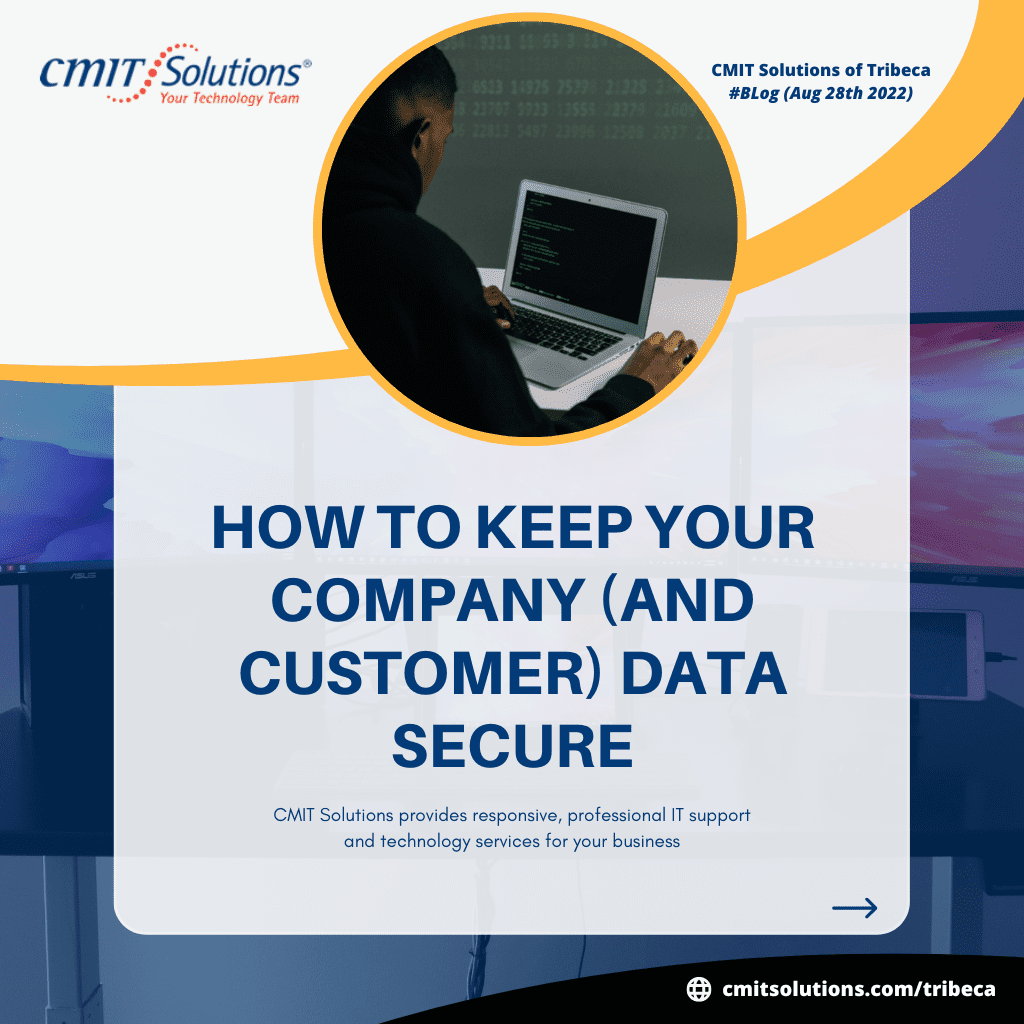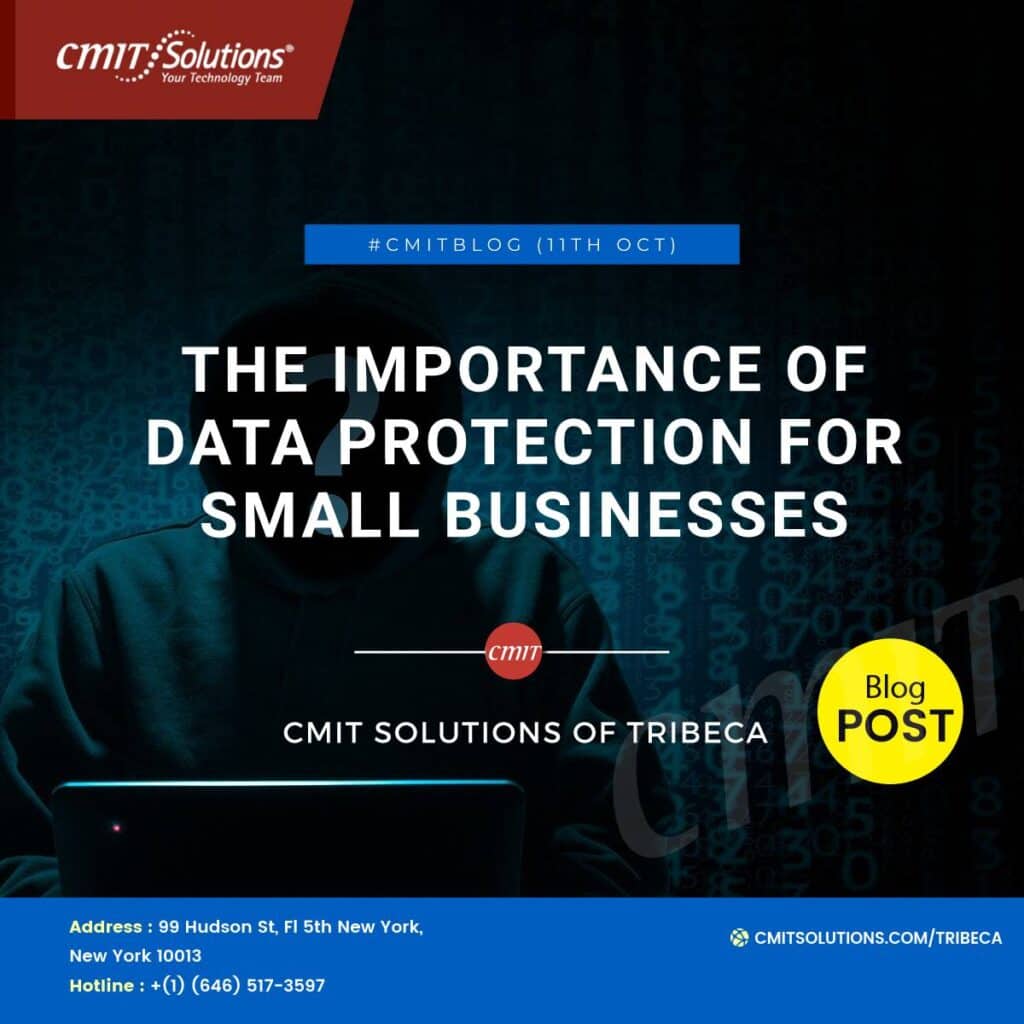When developing more efficient customer acquisition and retention tactics for your company, big data is a useful asset. However, it might spell calamity if it falls into the wrong hands. We’ve witnessed numerous data breaches in recent years from big businesses that we trust with our personal information. You can prevent potential financial consequences from diminished consumer confidence by protecting your company’s data from corruption and unauthorized access.
We’ll cover everything from cybersecurity to data encryption in this blog, along with the reasons why businesses of all sizes should give data security top priority when storing sensitive information.
What is data security?
Data security is the process of securing digital data across its full lifecycle from alteration and unwanted access.
This includes safeguarding your applications from harmful malware or ransomware attacks, having security rules in place to identify and prevent a data breach, and encrypting and protecting client data both in transit and at rest for enterprises.
In 2022, why is data security important?
On a novice hacking forum in 2021, hackers posted user information from 530 million Facebook users. In a blog post, Facebook claimed that the hackers had scraped data by taking advantage of a flaw in a platform function that allowed users to find one another by looking up their phone numbers in the past
These cyberattacks frequently occur, and no matter the size of the firm, they could still affect it. Sensitive data, more especially personally identifiable information, is becoming present in more firms. You must have the appropriate security controls and security mechanisms in place to protect this information, regardless of whether you have access to someone’s financial or medical information. A data breach can result in significant fines for violating the General Data Protection Regulation (GDPR) requirements, in addition to harming a company’s reputation and causing financial losses.
Differences between data security and data privacy
Despite the frequent confusion between data security and data privacy, there are some key distinctions:
- Data security refers to the measures, procedures, and equipment taken to guard against the loss or corruption of data.
- How a firm manages personal data is referred to as data privacy.
Unsafe data privacy policies could lead to a business sharing its customers’ personal information with other businesses without their consent. On the other hand, a data security breach would indicate that the security measures you put in place to safeguard client data have been ineffective.
Data security types
When formulating a successful security plan, it is important to take into account a variety of various areas of data protection. In this section, we’ll go through the most popular types of data security and how to utilize them to protect the important data in your company, such as intellectual property or the personal information of your clients.
Authentication
An authorized user must authenticate or prove their identity in order to access particular sorts of data, which is known as authentication. An authentication method’s most fundamental component is a login and password. Another technique that needs two-factor authentication is biometrics, which uses a fingerprint and retinal scan to gain access to a system.
Firewalls
Firewalls can restrict access to your application from specific IP addresses or they can manage the ports you can use to connect to a server. A firewall that is properly set can block automated harmful traffic.
Recovery and backup
You must have a backup system in place to safeguard the information of your users in the event that an attacker deletes data from your database or hard drives. The majority of data security technologies provide automated backups at regular intervals to guarantee that you may restore your primary data source from a scheduled data backup even if it has been lost or destroyed.
Tokenization
Tokenization is the process of converting sensitive data (such a Social Security number) into a token, which is a random string of characters. Because a hacker cannot determine what the information signifies, security using tokens helps protect data in the event of a data breach. Additionally, anyone with access can substitute a token for the data it is safeguarding in real time. In other words, using tokenized data doesn’t take longer for authorized users.
Data obscuring
Making a phony replica of your genuine data through the technique of data masking (i.e., replace real names with fake ones, etc.). Masking is frequently carried out while testing software or using sample data for training purposes.
Encryption
Information is transformed into a different form through the process of encryption so that only those having the encryption key may access it. Nowadays, many of the major cloud service providers make sure encryption-at-rest is the default option when building a database.








